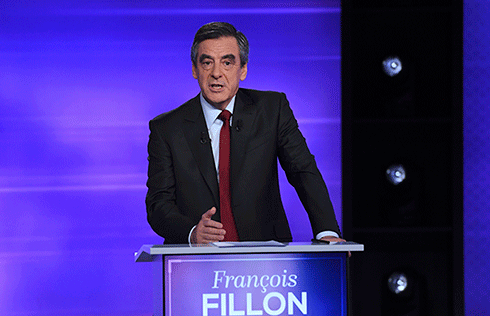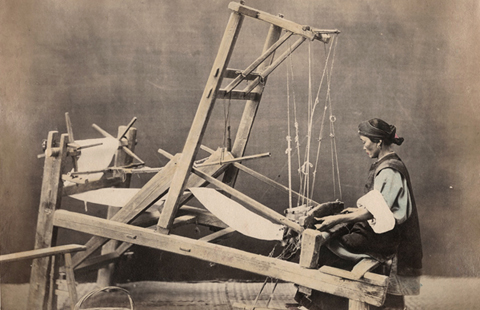DPRK hit with more sanctions




The Republic of Korea's outgoing President Lee Myung-bak warned on Tuesday that Pyongyang has pushed itself further into a corner with its recent nuclear test.
Meanwhile, in Brussels, the European Union imposed further economic and trade sanctions on the Democratic People's Republic of Korea.
Analysts said sanctions can only have a limited effect on the DPRK and called for compromise and dialogue to resolve the issue. Lee said in his farewell address that the DPRK will only face international sanctions and isolation if it hangs onto its nuclear and missile programs, the Associated Press reported.
The EU imposed the sanctions on the DPRK on Monday when 27 finance ministers of the bloc met in Brussels.
Their move brings the number of DPRK citizens subject to a travel ban and asset freeze to 26, and the number of sanctioned companies to 33, said AP. They also banned export of components for ballistic missiles, such as certain types of aluminum, and prohibited trade in new public bonds from the DPRK.
They demanded Pyongyang abstain from further tests and urged it to sign the Comprehensive Nuclear Test Ban Treaty without delay.
Tighter sanctions
The ROK and the US have been pressing for tighter United Nations sanctions on the DPRK since the Security Council condemned its Feb 12 nuclear blast, the third since 2006.
"I don't think very many people believe that the sanctions will 'work' in some unambiguous sense, but if they are fully enforced they will make it more difficult for the DPRK to advance their weapons programs," said Jonathan Pollack, a senior fellow in foreign policy and director of the John L. Thornton China Center, Brookings Institution.
"The sanctions will deny the DPRK its larger political-strategic goal: acceptance by others that it is a legitimate nuclear weapons state," said Pollack.
The DPRK has already been under international sanctions for conducting nuclear tests in 2006 and 2009.
"Because the DPRK has been isolated for quite a time, international sanctions can only have a limited effect," said Sun Xingjie, an expert at the Institute of International Studies at Jilin University.
"Compromise and dialogue are the only possible ways to solve the DPRK nuclear issue," Sun said in a recently published article.
Pyongyang's three nuclear tests have not only exposed a gap in the security framework in Northeast Asia, but also posed stark challenges to the diplomatic efforts made by the countries involved, Sun said.
Shinsuke Sugiyama, director-general of the Japanese Foreign Ministry's Asian and Oceanian Affairs Bureau, was expected to talk about the Korean Peninsula issue in Beijing during a three-day visit beginning on Tuesday, Kyodo News Agency reported earlier.
Shinsuke, who is also head of the Japanese delegation for the Six-Party Talks for denuclearization of the Korean Peninsula, is reportedly going to hold talks with Wu Dawei, China's special representative for Korean Peninsula affairs, the agency said. China's Foreign Ministry spokesman Hong Lei appealed on Monday for parties not to take any action that could worsen the situation on the peninsula and called for calm.
Contact the writers at [email protected] and [email protected]





















